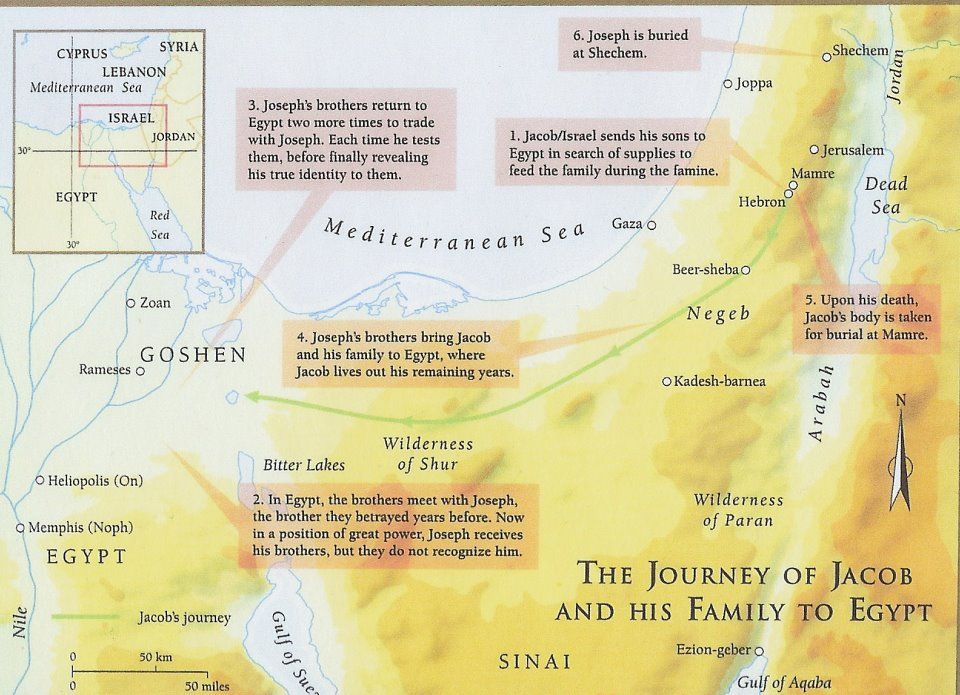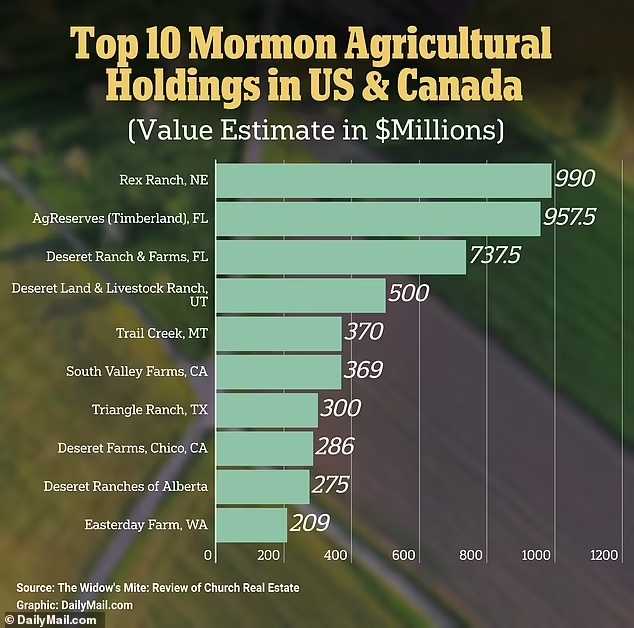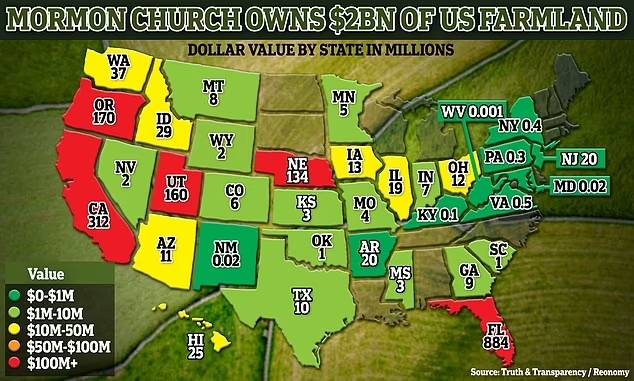Genesis 47:6 the best of the land make thy father and brethren to dwell; in the land of Goshen
Was the land of Goshen the best land in Egypt? Or was Pharaoh saying, “I would give you the best of the land of Egypt, so if Goshen is your choice, it is yours.”? Either way, the land was good for cattle and that is what the Israelites needed. It became a land of refuge, but it was never the land of promise. They had left the land that had been promised to Abraham (Gen. 15:21). Jacob had come there, almost against his better judgment, but his heart was still in the land of Canaan. God’s plan would not leave his chosen people in Egypt forever.

Genesis 47:7 Jacob blessed Pharaoh
In explaining why Melchizedek was greater than Abraham, Paul explained, Melchizedek, “received tithes of Abraham, and blessed him . . . And without all contradiction the less is blessed of the better.” Certainly, when Jacob blessed Pharaoh, the less was blessed of the better, but the world would have seen the interaction quite differently. Pharaoh was the most powerful man on the earth, but not in the eyes of God. Pharaoh was the richest man on the earth, but only in earthly riches. Jacob had spiritual blessings to offer Pharaoh and certainly, he was blessed both by Jacob and by the industry of Joseph.
Genesis 47:9 few and evil have the days of the years of my life been
Jesus said, “Sufficient unto the day is the evil thereof.” (Matt. 5:34) The context of Jesus’ declarative and Jacob’s statement is to use “evil” to mean “troubles, trials, or difficulties.” Life has not been a box of chocolates for Jacob. He has not been an evil person. He is not telling Pharaoh he is an evil man. He is saying what a lot of people feel after a long life, “I wouldn’t want to do that again,” even if they have lived a life without regrets.
There might be a self-deprecating tone to Jacob’s lament. He seems to feel inferior to his father and grandfather who both lived longer than he did. Abraham lived to 175, and Isaac lived to 180 (Gen. 25:7; 35:28) Jacob dies at the age of 147 (v. 28).
“Jacob was not the sort who could feel that life had been triumphant. But even in his most pessimistic and self-depreciatory hours, he had hold of something greater and more important than his estimate of himself. Whatever happened to Jacob, still there was God. Notwithstanding his own unworthiness, God could be declared through him.” (The Interpreter’s Bible, ed. by G. A. Buttrick et al [New York, Abingdon Press, 1952] vol. 1, p. 809)
Genesis 47:11 the best of the land, in the land of Rameses
Rameses was probably the dominant village or city in the land of Goshen. The name hearkens to the Pharaohs. The Egyptian dating system is controversial but Pharaoh Rameses I is generally dated to about 1290 BC, much later than Jacob and Joseph. Rameses II is often considered one of the greatest Pharaoh’s of Egypt and was linked to Moses in Hollywood’s version of the “Ten Commandments” even though the Bible does not designate which Pharaoh Moses knew and current chronologies place Rameses too late to be associated with the Israelites. See also Ex. 1:11; 12:37; Num. 33:3.
Genesis 47:20 Joseph bought all the land of Egypt for Pharaoh
God’s providence in saving Joseph is about to be made manifest in the eyes of all of Egypt. The 7 years of storing corn allows Joseph to acquire the wealth of the nation as the people spent every last penny for food. Then when the money was gone, they sold their horses and cattle. Then when their flocks were gone, they sold their land. Lastly, they sold themselves.
In an irony which only the Lord could have orchestrated. Joseph who was sold into Egypt as a slave, now purchased all of Egypt, save the priests, as slaves for Pharaoh. All of this was done to the glory of Joseph for a life of righteousness. The lesson is to trust in the Lord. Doing the right thing is rewarded by God in such a measure that we can’t contain the blessing. The cup runneth over; the Lord blesses us in “good measure, pressed down, and shaken together, and running over” (Lu. 6:38). If not in this life, then in the world to come, we should never doubt the Lord’s willingness and ability to bless us. “And every one that hath forsaken houses, or brethren, or sisters, or father, or mother, (all of which Joseph had forsaken) or wife or children or lands, for my name’s sake, shall receive an hundredfold, and shall inherit everlasting life.” (Matt. 19:29)
Marion G. Romney
We have a classic example of the loss of economic freedom by the misuse of free agency in the book of Genesis. The Egyptians, instead of exercising their agency to provide for themselves against a day of need, depended upon the government. As a result, when the famine came they were forced to purchase food from the government. First they used their money. When that was gone, they gave their livestock, then their lands; and finally they were compelled to sell themselves into slavery, that they might eat. (See Gen. 41:54–56 Gen. 47:13–26)
We ourselves have gone a long way down this road during the last century. My counsel is that we beware of the doctrine which encourages us to seek government-supported security rather than to put faith in our own industry. (Conference Report, Oct. 1981, 45)
George A. Smith
If the King of Egypt had not observed the counsels of Joseph almost the whole people would have been destroyed. As it was, those who did not obey Joseph's counsel were under the necessity of selling all their property, and ultimately themselves, for slaves to the king, in order to obtain that bread which they could have laid up during the seven years of plenty, if they had obeyed Joseph's counsel. Gen. 47:19,25
Now, brethren, let us not treat this subject lightly. If we have been neglectful in times past, let us remember that we live in a high altitude, in a country subject to frost and to extreme drought, that we have several times lost our crops, and that we have twice been reduced to famine or half rations through the crickets or grasshoppers. Let us heed the counsel given about storing up provisions, and, instead of freighting our food away to feed strangers, let us go to work and build good substantial granaries, and fill them with breadstuff, until every man and woman has enough on hand to last for seven years. Terrible destruction awaits the wicked. They will come to us by thousands by-and-by, saying—“Can you not feed us? Can you not do something for us?” It is said by the prophets they shall come bending, Isa. 60:14 and shall say you are the priests of the Lord. Isa. 61:6 What priest could administer greater earthly blessings than food to the hungry, who have fled from a country where the sword, famine, and pestilence were sweeping away their thousands? I look upon the subject of storing grain and other kinds of food as a very religious matter. How could a man who was half starved enjoy his religion? How on the face of the earth could a man enjoy his religion when he had been told by the Lord how to prepare for a day of famine, when, instead of doing so, he had fooled away that which would have sustained him and his family. I wish our brethren to lay this matter to heart, and not rest until they have obeyed this particular item of counsel. (Journal of Discourses, 12:142)
The Brethren of the Church have followed the pattern of Joseph in preparing for the future. They know that governments come and go. But the kingdom of God is no longer to be taken from the earth. President Gordon B. Hinckley has been instrumental in the church purchasing farm land all over the United States, providing “an agricultural resource to feed people should there come a time of need.” While the wicked complain about what the Church does with their money, the Lord carefully orchestrates another miracle to save his people.
“ORLANDO, Fla., Nov 8, 2013 (Reuters) - The Mormon church is poised to become the largest private landowner in Florida as a result of a deal to buy nearly 400,000 acres in the state's Panhandle region.
“The property is mostly timberland, and the church’intends to maintain timber and agricultural uses of the lands,’ according to a statement released by St. Joe Company, a Florida real estate firm. . . The Mormon church was already one of Florida's largest landowners. For more than 60 years, the church has owned Deseret Ranches, a 290,000 cattle and citrus operation straddling three counties in Central Florida, approximately 50 miles southeast of downtown Orlando.
“Deseret operates the largest cow-calf ranch in the nation with 44,000 head of cattle . . . The addition of St. Joe's 382,834 acres brings the church's Florida holdings to 672,834 acres, or almost 2 percent of the state's land mass.” (https://www.reuters.com/article/idUSL2N0IT2AZ/)

MILES DILWORTH, SENIOR REPORTER FOR DAILYMAIL.COM
PUBLISHED: 13:56 EST, 23 December 2023

MILES DILWORTH, SENIOR REPORTER FOR DAILYMAIL.COM
PUBLISHED: 13:56 EST, 23 December 2023
